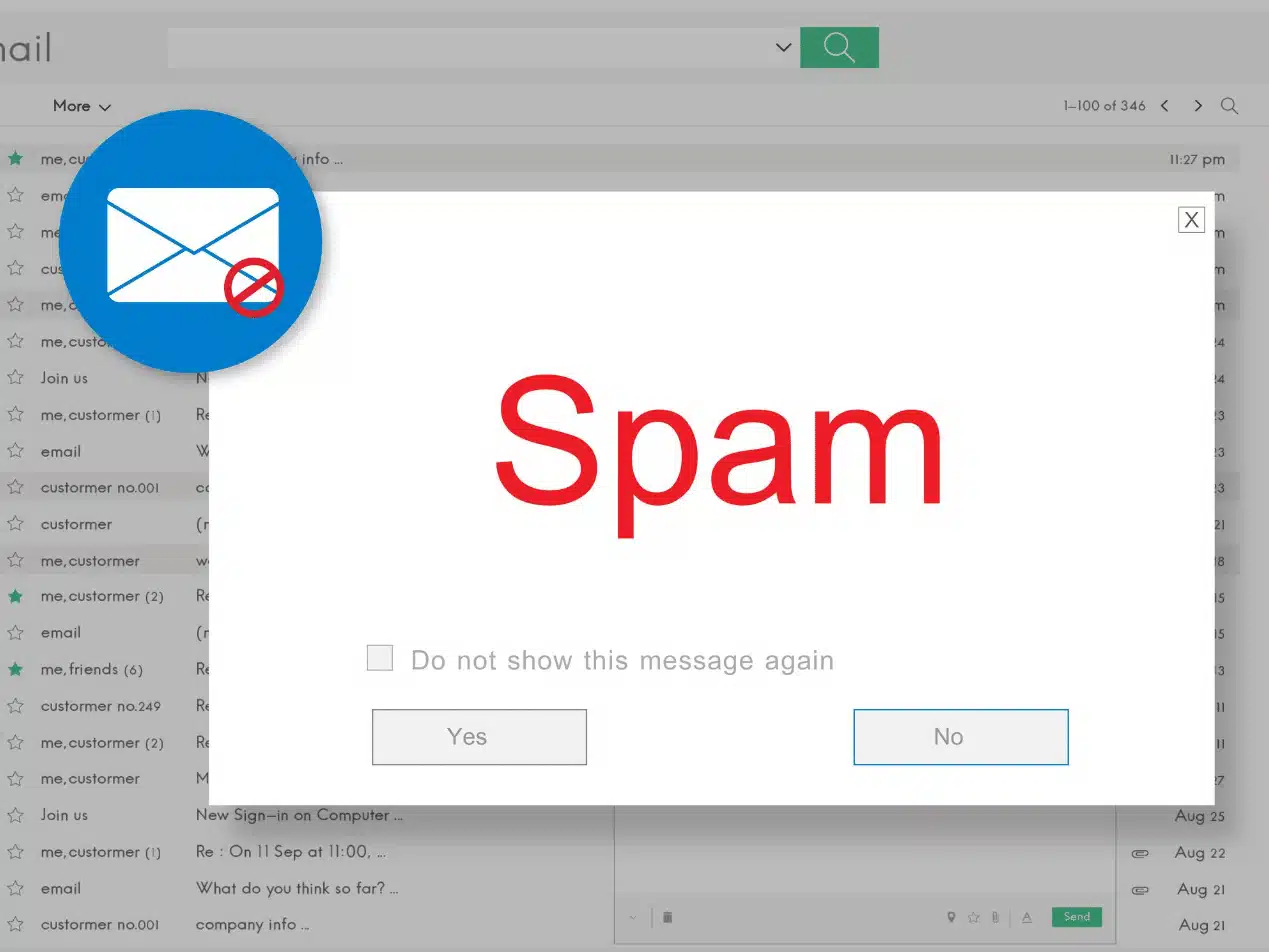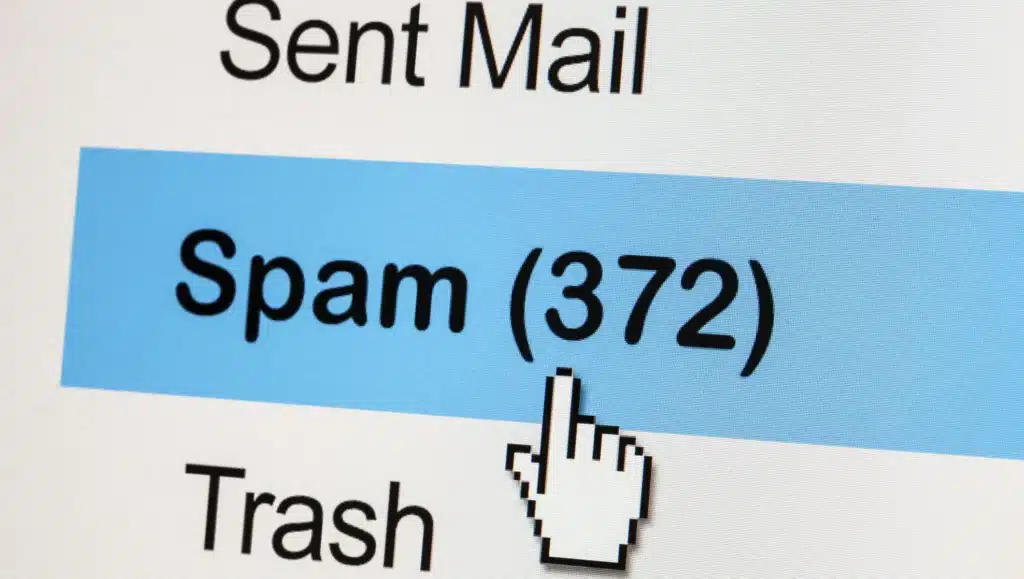How ‘Spam’ Became a Term for Unwanted Email ?

In the world of email, the term “spam” has become synonymous with unwanted and unsolicited messages that clutter our inboxes. But have you ever wondered where this particular term originated? Surprisingly, the term “spam” to describe unsolicited email can be traced back to a comedy sketch by the legendary British comedy group, Monty Python. In this article, we delve into the fascinating story of how Monty Python’s humorous use of the word “spam” led to its adoption as a term for unwanted email. So, let’s explore the influential connection between Monty Python and the world of email spam.
Table of contents
The Birth of “Spam”
The Monty Python sketch that gave birth to the term “spam” was first performed in 1970. Titled “Spam,” it was part of the group’s television series, “Monty Python’s Flying Circus.” The sketch featured a group of Vikings dining at a café where nearly every item on the menu included spam, a canned meat product. As the Vikings sang a repetitive chorus of “spam,” it drowned out the conversation of other customers, creating a comedic effect. The sketch’s humorous portrayal of the word “spam” as something unavoidable and repetitive struck a chord with viewers, setting the stage for its later association with unwanted email.
As the internet gained popularity and email became a widely used communication tool, unsolicited and unwanted messages started to flood inboxes. These messages, often promoting dubious products or services, were seen as a nuisance and cluttered users’ email folders. As the annoyance grew, users began drawing parallels between the relentless presence of unwanted emails and the repetitive chorus of “spam” from the Monty Python sketch.
The Adoption of “Spam” & Evolution
The association between the Monty Python sketch and unwanted email solidified when a group of users on the early internet started using the term “spam” to refer to unsolicited messages. The analogy drew from the sketch’s depiction of the Vikings’ chorus overpowering other conversations, just as unwanted email overwhelmed legitimate communication. This informal adoption of the term quickly spread within internet communities and became widely recognized.
Monty Python’s influence and popularity played a significant role in the adoption of “spam” as a term for unwanted email. The comedy group had a devoted following, and their sketches had a way of permeating popular culture. The iconic “Spam” sketch became a cultural reference point, and the repetitive use of the word ingrained it into the collective consciousness. As the internet continued to expand, the familiarity with Monty Python’s sketch made “spam” a natural choice when seeking a term to describe the deluge of unsolicited messages.
As the problem of email spam grew, so did the need for effective countermeasures. Internet service providers and email clients started implementing filters and algorithms to detect and block unsolicited messages. These filters often label such messages as “spam” to alert users to their unwanted nature. Consequently, the term became further solidified in the context of email and ingrained in the vocabulary of internet users worldwide.
Even today, decades after the “Spam” sketch first aired, Monty Python’s influence on the term “spam” remains strong. The connection between the sketch and unwanted email persists, and the term has become a staple in the lexicon of the digital age. It serves as a reminder of the far-reaching impact of popular culture on technology and language.
Conclusion
Monty Python’s comedic genius and their humorous sketch featuring the word “spam” inadvertently gave rise to the term we now commonly associate with unwanted email. The repetitive chorus of “spam” in the sketch captured the essence of unsolicited messages overwhelming our inboxes. Through the cultural impact of Monty Python and the evolving internet landscape, the term “spam” found its way into the digital realm, forever linking it with unwanted email. So, the next time you encounter a flood of unsolicited messages, you can thank Monty Python for giving us a term that perfectly encapsulates the nuisance: spam.


